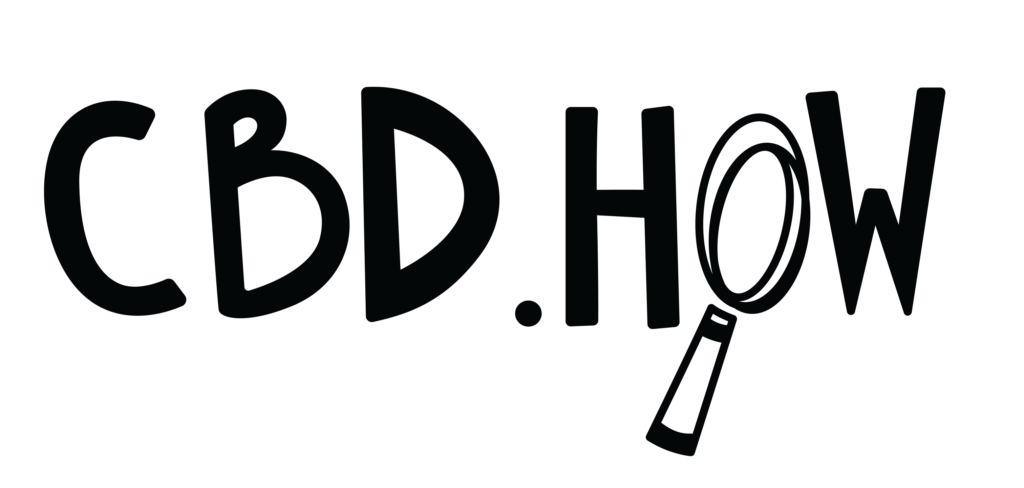CBD
CBD, short for Cannabidiol, is a chemical compound that naturally comes from Cannabis Sativa. This is one of the many chemical compounds, classified as phytocannabinoids (phyto-plant), that provides various health and medicinal benefits.
Although CBD is present in marijuana, it is most commonly extracted from industrial hemp. Industrial hemp is a plant that produces a higher content of CBD and a lower content of THC (0.3% or less delta 9 THC). This helps to provide all the benefits of cannabis without the individual becoming “high.”

Will CBD get me high?
CBD is psychoactive, because it affects the brain but does not make one feel “high” unlike its cousin THC (tetrahydrocannabinol), In fact, CBD counteracts the unwanted psychoactive properties of THC, including paranoia, anxiety, scatterbrain, etc.
Brief History on CBD
Phytocannabinoids were discovered in the 1940s, with the first three being CBN (Cannabinol), THC, and CBD. Research primarily focused on THC until 1998 when a medical company called GW Pharmaceuticals based in Great Britain began to cultivate cannabis for medical trials.
Their primary focus was on creating a concise, efficient method to extract CBD from the cannabis plant. This research led to scientific studies conducted by the International Cannabinoid Research Society, Society of Cannabis Clinicians, and the International Association for Cannabinoid Medicine.
By 2010, the public began to truly see what an intense effect CBD extract could have on treating a variety of life-threatening ailments, especially in children. After several profound miracle stories surfacing publicly, including the story about Charlotte Figi, CBD rapidly evolved into the new “it” medication/supplement.
The Endocannabinoid System
Before we go into how CBD can do all that it can do, it is important to understand the part of the human body that CBD interacts with. This system is known as the Endocannabinoid System (ECS).
The endocannabinoid system plays a vital role in the human body by regulating our physiology, mood, and everyday experience. It is also known as the Biochemical Communication System in the human body.
Its role is to maintain physiological balance in the body, known as homeostasis.
To briefly explain, this system is made up of neurotransmitters (primarily anandamide and 2-AG) and receptors (primarily CB1 and CB2) that regulate our mood, appetite, sleep rhythm, energy levels, immunity, and cognitive functioning. Further explanation of the receptors in subsequent sections.
The ECS resides in the mammalian central nervous system (the brain and spinal cord), and the peripheral nervous system (nerves and ganglia outside of the brain and spinal cord). It regulates various physiological and cognitive processes including appetite, pain sensation, mood, memory, fertility, pregnancy, both prenatal and postnatal development, and mediating the pharmacological effects of cannabis. It is an extensive system as it interacts with every organ in the body.
The ECS is also associated with mediating the physiological and cognitive effects of voluntary physical exercise in humans and other animals. For example, it contributes to exercise-induced euphoria, other known as the runner’s high.

CBD & Homeostasis
When the ECS is working appropriately, then all systems of the human body are harmonized and are working as one unit. This is also known as homeostasis. Homeostasis alludes to stability, balance, or equilibrium within a cell or the body. It is an organism’s ability to keep a constant internal environment.
When a person experiences a fully balanced system, they may feel a sense of bliss in everything they do, even things they may not even like to do. Staying positive can come easier when everything is aligned and flowing. Both physical and emotional pain may subside and the user may fall into the present moment.
Stress doesn’t seem to really affect how a person feels when they are able to maintain homeostasis. This is why CBD, while it does not make a person high, may make you feel emotionally elevated. It enhances the quality of experiencing this present life by helping your body maintain homeostasis.
CB1 Receptors
CB1 receptors are located throughout the brain, central nervous system, connective tissues, gonads, glands, and related organs. These receptors also mediate the psychoactive effects of THC.
CB2 Receptors
CB2 receptors are located throughout the immune system and related organs, like the tissues of the spleen, tonsils, and thymus gland. They are also common in the brain, although they do not appear as densely as CB1 sites and are found on different types of cells.

Endocannabinoids
While cannabinoids are found in cannabis, our bodies produce cannabinoids naturally as part of our biology. These are known as endocannabinoids (endo- within the body).
Both endocannabinoids and phytocannabinoids are messaging molecules used by the ECS. Think of the ECS as a lock (receptors) and key (cannabinoids) system, with endocannabinoids and phytocannabinoids being two different keys that can access the same locks. Cannabinoids like THC bind to receptor sites which produce various psycho-active effects from euphoria to anxiety.
The difference with CBD is that it doesn’t actually bind to receptor sites; instead, it prevents the breakdown of the endocannabinoids. It also modulates cannabinoid receptors signaling, which is why CBD can counteract the unwanted side effects of THC.
Are There Side Effects to using CBD?
This is one of the best parts of CBD… unlike many medications, especially pharmaceuticals, there are no known “dirty” side effects that come with using it. The most a person might experience using CBD is sleepiness, dry mouth, and lightheadedness.
However, if you are currently on pharmaceuticals or daily medication, it would be wise to consult with your doctor before starting CBD. Recent studies have found that another side effect of using CBD is that it inhibits the cleansing system of the liver, known as the cytochrome P-450 enzyme system.
By inhibiting this system, it stops the liver from being able to filter the other medications you may be on. This can lead to unwanted side effects or even overdose. You can find a list of medications that CBD interacts within this way, here.
